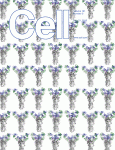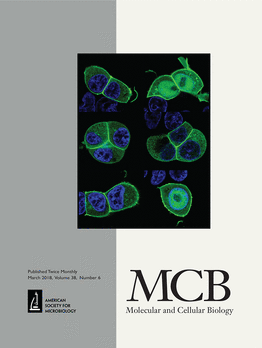 A researcher who is facing a criminal investigation in Italy for research misconduct has seen five more papers retracted, for a total of
A researcher who is facing a criminal investigation in Italy for research misconduct has seen five more papers retracted, for a total of 16 15.
Molecular and Cellular Biology has retracted four papers published between 1987 to 2001 by Alfredo Fusco, a cancer researcher in Italy; the Journal of Virology retracted one 1985 paper. Fusco was first author on two papers and last author on three. Both journals are published by The American Society for Microbiology (ASM), which issued identical retraction notices for all five papers, mentioning “evidence of apparent manipulation and duplication.”
Carlo Croce, a cancer researcher now at the Ohio State University, who has been dogged by misconduct allegations, co-authored one of the papers. Croce now has eight retractions.
Here’s the notice presented for all five retractions: Continue reading Retraction count for Italian researcher swells to 15 as five papers fall

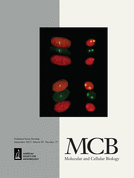 A biology journal has issued a correction to a 2014 paper by a researcher with 11 retractions, citing “inadvertent errors” that don’t affect the conclusions.
A biology journal has issued a correction to a 2014 paper by a researcher with 11 retractions, citing “inadvertent errors” that don’t affect the conclusions.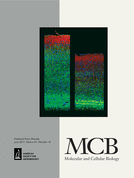 After a paper is published, how long should a journal consider allegations of misconduct? For one journal, that answer is: Six years.
After a paper is published, how long should a journal consider allegations of misconduct? For one journal, that answer is: Six years.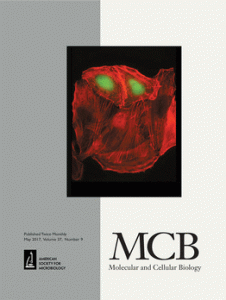

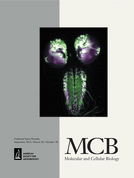 An investigation at the University of Florida has led to the retraction of a pair of papers on the stress responses of Caenorhabditis elegans in Molecular and Cellular Biology.
An investigation at the University of Florida has led to the retraction of a pair of papers on the stress responses of Caenorhabditis elegans in Molecular and Cellular Biology.